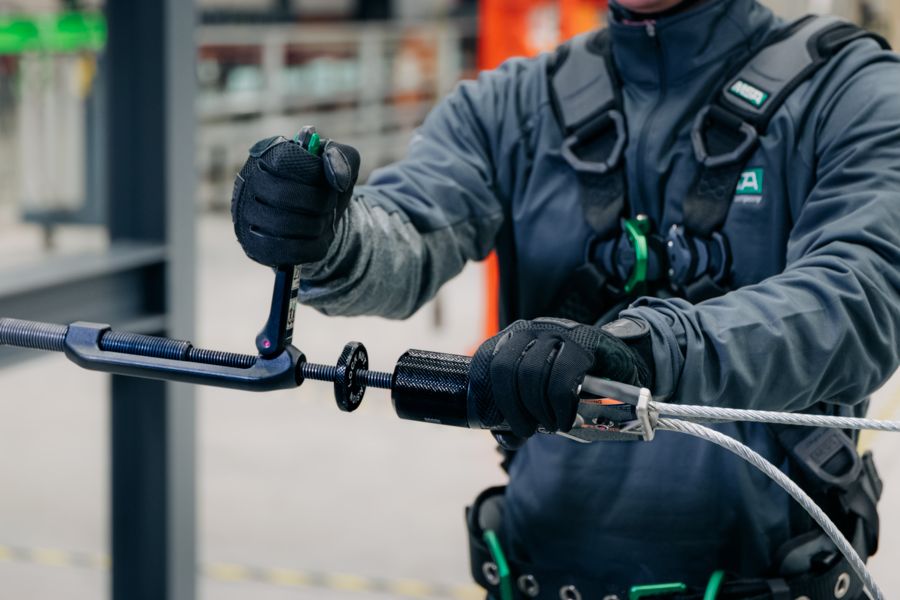
Understanding Remote High Ticket Closing
High ticket closing is a sales skill that focuses on closing high-value deals, typically involving premium products or services. Unlike standard sales, high ticket closing requires advanced strategies, deeper client understanding, and the ability to communicate value effectively. Remote high ticket closing takes this concept further by allowing professionals to close deals entirely online, using video calls, emails, and messaging platforms. The rise of digital businesses and remote work has created a growing demand for skilled remote high ticket closers. Companies are looking for individuals who can secure high-value deals without the need for in-person meetings. By mastering this skill, sales professionals can access lucrative opportunities across industries such as coaching, consulting, SaaS, and luxury services. A remote high ticket closing course equips participants with the strategies and techniques necessary to succeed in this growing field.
Core Skills Required for High Ticket Closing
Success in remote high ticket closing relies on a specific set of skills that differentiate top performers from average salespeople. Communication is paramount; professionals must convey value clearly and persuasively, even without face-to-face interaction. Active listening is another essential skill, allowing closers to understand the client’s challenges, objections, and priorities. Emotional intelligence is key in building rapport remotely, as trust must be established without physical cues. Negotiation skills enable closers to navigate price discussions and maximize deal value while maintaining client satisfaction. Time management is crucial, particularly when juggling multiple leads and follow-ups simultaneously. Additionally, remote high ticket closers must be proficient in virtual tools like CRM systems, video conferencing platforms, and email automation. A comprehensive remote high ticket closing course focuses on developing these skills, providing both theoretical knowledge and practical application.
Components of a Remote High Ticket Closing Course
A high-quality remote high ticket closing course is designed to provide actionable skills and real-world practice. The curriculum typically includes modules on sales psychology, objection handling, communication techniques, and closing strategies. Many courses offer role-playing exercises and simulated calls, allowing students to practice high-stakes interactions in a safe environment. Participants also learn to use essential tools such as CRMs, video conferencing software, and sales automation systems. Mentorship and coaching are often included, providing guidance and feedback from experienced closers. Certification is another key component, demonstrating competence and credibility to potential employers or clients. A well-structured course ensures that learners are prepared to confidently close premium deals from anywhere in the world.
Benefits of Taking a Remote High Ticket Closing Course
Enrolling in a remote high ticket closing course offers multiple advantages for aspiring sales professionals. One of the biggest benefits is the ability to work from anywhere, creating flexibility and financial independence. The course also equips participants with in-demand skills, increasing earning potential and opening doors to high-paying opportunities. Networking is another advantage, as students often interact with other ambitious closers and mentors in the program. Access to proven frameworks, scripts, and strategies accelerates the learning process and reduces trial-and-error in live deals. Confidence is boosted through repeated practice and guidance, ensuring participants can handle challenging sales situations effectively. Additionally, completing a recognized course enhances credibility, helping professionals stand out in competitive remote sales roles.
How to Choose the Right Remote High Ticket Closing Course
Selecting the best remote high ticket closing course requires careful consideration. The credibility and experience of the trainer or organization is a critical factor; established professionals with a track record of closing high-value deals can provide more practical insights. Course structure should also be evaluated, whether it’s self-paced for flexibility or live, interactive sessions for real-time feedback. Reviews and testimonials, while general, can help gauge the effectiveness of the training program. Support and community access are important, as ongoing guidance helps learners implement their skills in real-world scenarios. Price should be considered relative to the value and comprehensiveness of the program. Finally, potential students should assess whether the course provides practical exercises and opportunities to apply strategies immediately, as hands-on experience is crucial for mastering remote high ticket closing.
Steps to Apply Learned Skills in Real-Life Remote Selling
Applying the skills learned in a remote high ticket closing course requires a structured approach. Identifying and targeting ideal clients ensures that time and effort are spent on prospects most likely to convert. Preparing thoroughly for remote meetings is essential; this includes researching the client, understanding their needs, and tailoring your pitch accordingly. During calls or presentations, using learned high ticket closing strategies allows closers to demonstrate value and handle objections effectively. Following up is equally important, as consistent communication builds trust and increases the likelihood of securing deals. Maintaining relationships after closing deals can lead to repeat business and referrals. Tracking results and analyzing performance enables continuous improvement and skill refinement. Practicing these steps consistently allows remote high ticket closers to maximize their success and build a sustainable career.
Common Challenges in Remote High Ticket Closing and How to Overcome Them
Remote high ticket closing comes with unique challenges that require careful attention. Handling objections without face-to-face interaction can be difficult, but mastering active listening and emotional intelligence helps maintain client engagement. Technical issues like poor internet connections or software glitches can disrupt meetings; preparation and backup plans mitigate these risks. Building trust remotely is often harder than in-person, making rapport-building techniques crucial. Closers must also avoid burnout, especially when managing multiple high-value deals and long hours on calls. Staying organized and disciplined with schedules, follow-ups, and client communication ensures consistent performance. Another challenge is staying updated on industry trends and sales techniques; continuous learning through courses and mentorship helps address this. Recognizing and tackling these challenges directly enhances the effectiveness of remote high ticket closers.
FAQs About Remote High Ticket Closing Courses
What is the average cost of a remote high ticket closing course?
Costs vary widely, ranging from a few hundred to several thousand dollars depending on the depth of the program, mentorship access, and certification.
How long does it take to become proficient in high ticket closing remotely?
Most courses provide training over several weeks, but achieving proficiency typically requires months of practice and real-world application.
Can beginners with no sales experience succeed in this field?
Yes, a structured course combined with consistent practice can enable beginners to develop the skills necessary to close high-value deals.
What tools are necessary to implement remote high ticket closing techniques?
Essential tools include a reliable CRM system, video conferencing software, email automation, and analytics platforms to track performance.
How can I measure my progress after completing the course?
Success can be measured by deal closure rates, client feedback, revenue generated, and improved confidence in handling high-value negotiations.


